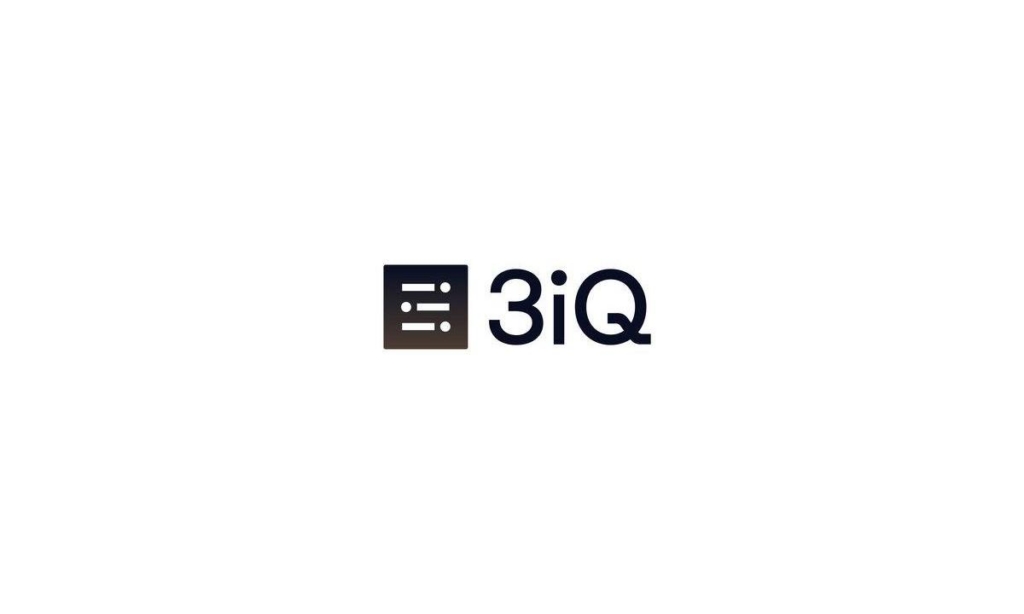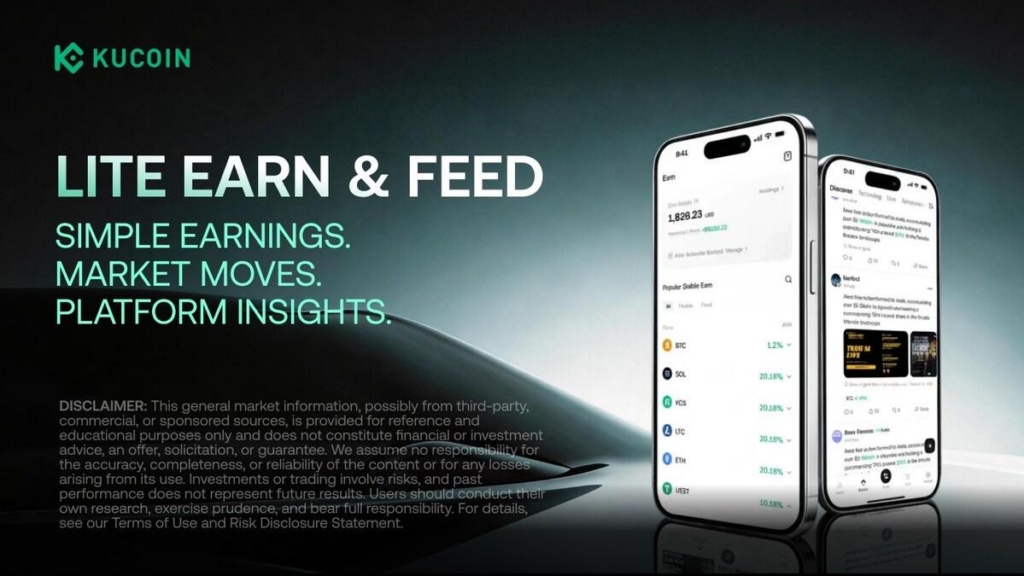Vitalik Buterin, the creator of Ethereum, is emphasizing the potential of Zero-Knowledge (ZK Proof) in improving privacy and scalability on social media platforms. ZK Proof is a cryptographic technique that enables verification while minimizing the disclosure of data.
It is considered a significant advancement in decentralized social protocols that rely on privacy and trust. Buterin contends that distinct user interfaces are necessary for these social protocols, namely Farcaster and Flink, which have a resemblance to X (formerly known as Twitter) and Flink, respectively.
Additional participants at the ETHCC, including Chris Goes from Anoma, Shumo Chu from Nebra Labs, and Elias Tazartes from Kakarot, offered valuable perspectives on ZK Proofs and Web3 social networks.
Goes contended that ZK Proofs provide users with greater control over the specific information they wish to disclose, in contrast to Web 2 social platforms that seek to expose user information. This enables the deliberate and targeted release of specific information.
ZK Proof technology offers the advantage of requiring less computational resources for verifying huge datasets, making it particularly suitable for scalability, particularly in the context of social protocols that include handling a large number of transactions. Tazartes mentioned the new chain developed by Lens Protocol, which utilizes ZK compression to enhance scalability.
According to Shumo Chu from Nebra Labs, ZK Proofs and Web 3 socials can be seen as a remedy to the risk of being prohibited or covertly restricted from Web 2 social media platforms.
Nevertheless, participants observed that further instruction is required to comprehend the advantages of data ownership and control over information. In addition to Farcaster, there are various other Web 3 social platforms, such as professional networks and news feed aggregators.



